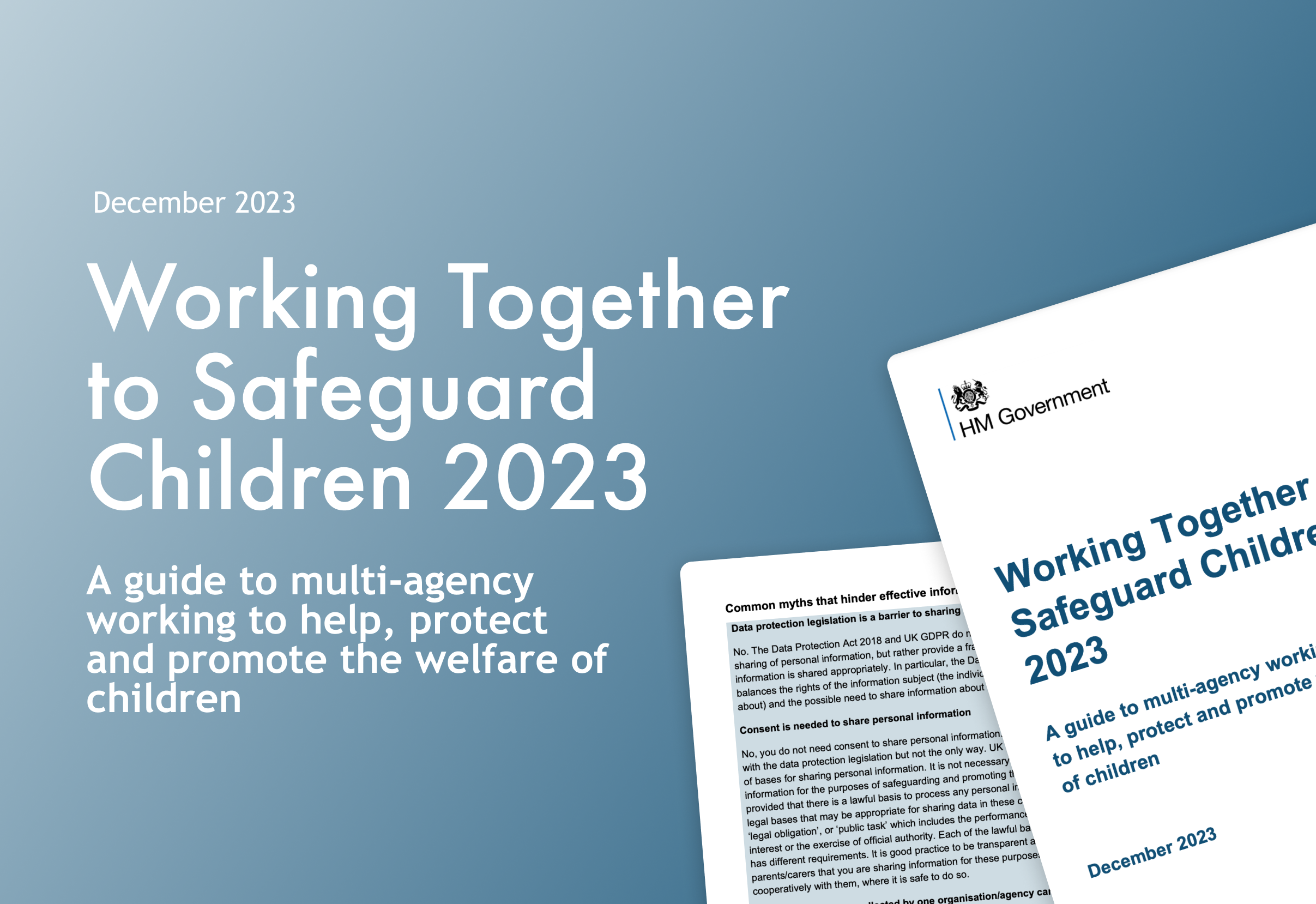Domestic Abuse – Disclosure and reporting - By Tina Pokuaah
We’ve discussed what constitutes a healthy relationship,
common red flags and setting boundaries. Now let us explore what a victim of
abuse may require as evidence if they choose to report their experience of
abuse in the near future.
As professionals we must also acknowledge that for many
victims of DA reporting their experience of abuse is not a choice they want to
make for a number of reasons, this is not an exhaustive list but can include:
Ø ⦿ Frightened that the abuse will get worse
Ø ⦿ Unable to go through with reporting, due to
controlling behaviour impacting, where they go, who they see, what they are
doing
Ø ⦿ Fear for their family breaking up
Ø ⦿ Fear of children being placed in care if they
report
Ø ⦿ Previous poor experience with reporting
Furthermore, recent research conducted by End violence
against women, 2021 shared that we are seeing a drastic drop across all parts
of the domestic abuse data. Which is extremely concerning and needs serious attention.
Domestic abuse referrals from the police to the CPS are declining having
dropped to 16,504 in 2021 from 21,789 in 2020 – down by a quarter. Additionally,
the volume of suspects charged dropped from 13,287 to 10,840 – down by almost
20% compared to this time last year. Convictions have also been on a downward
trajectory. With 46,261 convictions in the 12 months period ending in June
2021. For comparison the annual conviction volume in 2016/17 (the year of ambition
levels for rape charging) the conviction volume was 70,853. This is a decrease
of 35% across five years with no indication of improvement. It should come of
no surprise therefore that victims of DA have no hope in the justice system.
However, as professionals, whilst it is key for us to let them create their own boundaries and not urge them to follow any plan that they express doubt about. We can however also empower them to think forward, to prepare themselves just in case that day comes. Alongside having a safety and exit plan which is vital, it’s also important that they evidence every incident that takes place, as if you don’t. Gaining sufficient legal support and justice will be a challenge!
Three ways we can empower them to do this, but again I’m
emphasising to do this with caution, taking their safety plan into
consideration! Signpost them to an IDVA for further advice on this.
Ø 1) Encouraging them to speak to a professional
about what’s happening in their relationship, e.g. a DA service, GP etc. They
will keep a record of this, which their solicitor could later request.
Ø 2) If they have sustained physical injuries, encouraging them to take pictures and send to their private email account or a
trusted friend/family member's email.
Ø 3) Encouraging them to write down diary entries of
all incidences, this includes emotional abuse, making sure they date the
entries
It can be disheartening witnessing the lengths that
survivors of abuse have to go through to gain any sort of justice. But until we
can change the system, we can only prepare for the worst whilst hoping for the
best.



.png)
.png)



Comments
Post a Comment